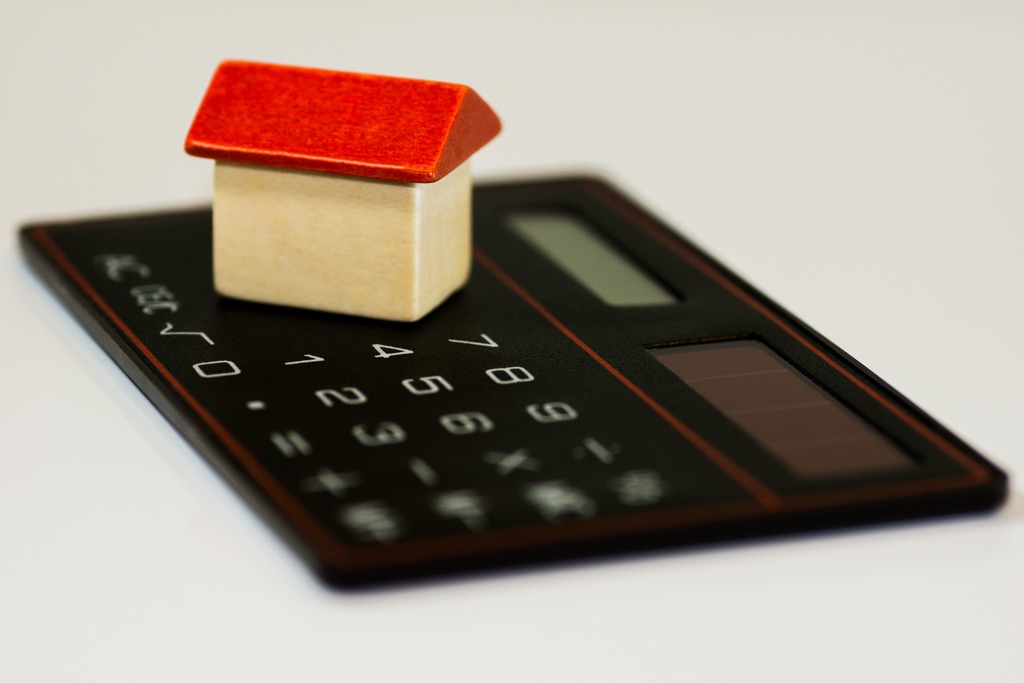Buy To Let
Stamp duty cut confirmed by chancellor

A stamp duty holiday will start immediately, the chancellor today confirmed in his summer statement.
Under the changes, homebuyers in England and Northern Ireland will not pay any tax on homes up to £500,000 until 31 March 2021. This applies whether you are buying your first home or have owned property before.
The average stamp duty saving will be £4,500, with nine out of ten buyers this year now paying no stamp duty at all on purchases. It will cost the exchequer £3.8bn, documents reveal.
However, for purchases above £500,000, the rates are as follows:
- The next £425,000 (portion from £500,001 to £925,000 will be 5%
- The next £575,000 (the portion from £925,001 to £1.5 million) will be 10%
- The remaining amount (the portion above £1.5 million) will be 12%.
Rishi Sunak said: “We need people feeling confident to buy, move and renovate.”
Previously, only homes below £125,000 and first-time buyers of homes up to £300,000 escaped stamp duty.
The 3% surcharge for additional properties applies on top of the revised standard rates, so purchases of homes valued up to £500,000 will attract a 3% stamp duty bill.
Further, stamp duty is paid on completion so if you completed on the purchase yesterday, you’ve missed out. If you exchanged yesterday but have yet to complete, you will benefit from the stamp duty cut.
Mark Arnold, chief executive of Kensington Mortgages, said: “If the housing market is working properly, that has a massive impact on the rest of the economy – so this potentially is a big boost.
“A stamp duty holiday is a huge market change and this has never happened before.
“First-time buyers, second steppers and older homeowners will all benefit. Even before lockdown, there was a clear stagnation in housing activity on those higher up the property ladder.
“Extending the threshold to £500,000 frees up larger properties for growing families and enables the next generation of homebuyers to step onto or even up the ladder.
“Buyers will make a significant tax saving and this acts as a large incentive to keep all parts of the housing cycle moving in some of the most crucial summer months.”